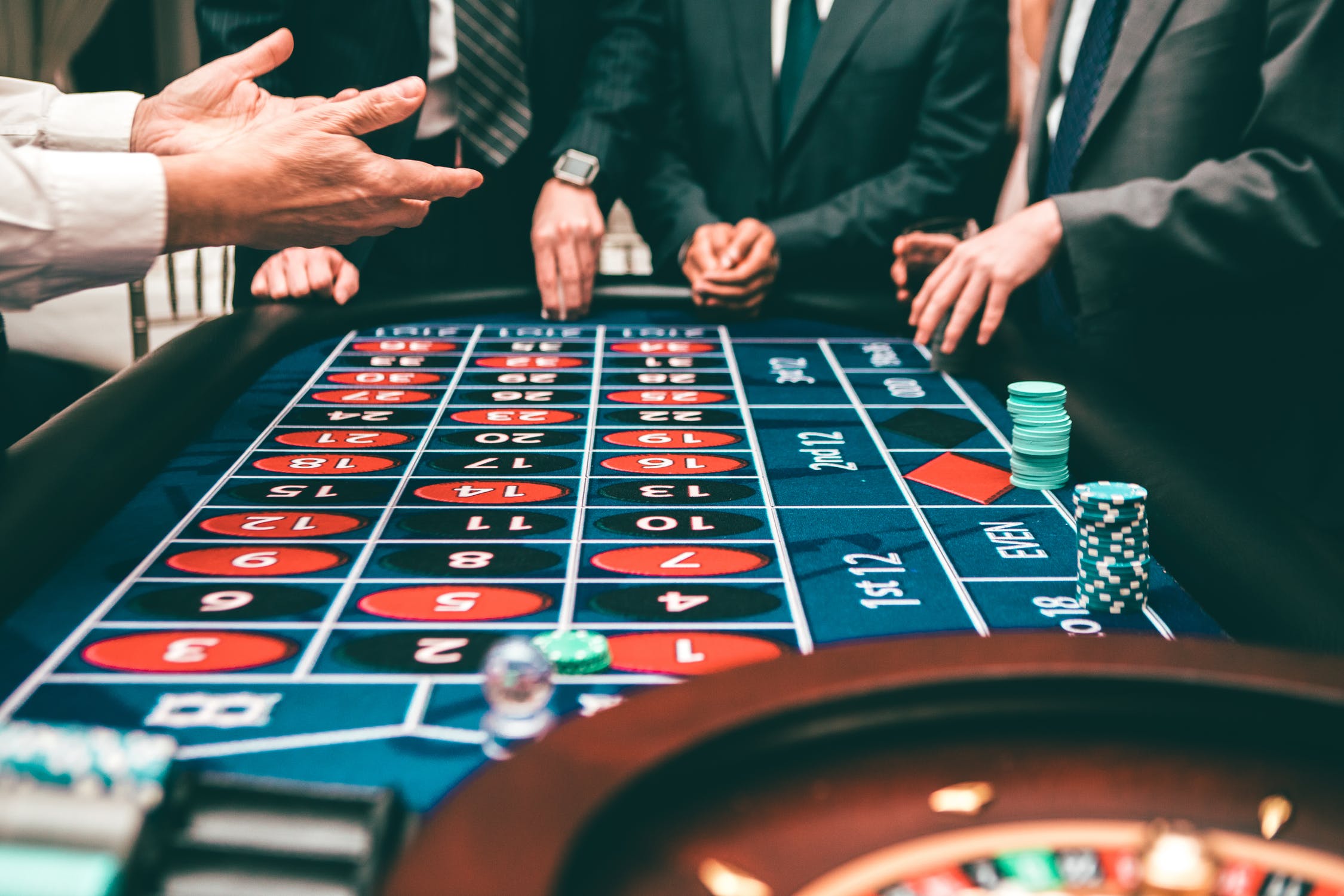
Gambling games have long been a significant aspect of human culture, providing not just entertainment but a intriguing reflection of our dreams, wishes, and anxieties. From the rotating wheels of a slot machine to the strategic gameplay of poker, these games encapsulate a spectrum of human feelings and events. At their core, casino games are not just a chance to win money; they are a reflection of life itself, where risk and reward intertwine and fate can change in an moment.
As players gather around tables or sit in front of glowing machines, they participate in a tradition that transcends mere playing. These games mirror our natural desires for social interaction, excitement, and the quest for chance. They also unveil deeper truths about human psychology, such as our relationship with chance and the excitement of uncertainty. In exploring casino games, we reveal not only the rules of play but also the intricate pattern of the human experience, showcasing our interconnected narratives of goal and reality.
The Psychology of Gambling
Wagering is intrinsically connected in the psyche of individuals, tapping into various feelings and wants. The thrill of risk-taking is a core aspect that attracts participants, be it the thrill of spinning a roulette wheel or the excitement of drawing a winning hand in a poker game. This rush of adrenaline is often compared to other forms of excitement, as the uncertainty of outcomes triggers a unique psychological response. Players often find themselves captivated by the chance of winning big, leading to an irresistible draw toward gambling games.
Another, an essential component of the psychology behind gambling is the concept of hope and ambition. Participants often nourish dreams of financial freedom and the luxurious lifestyle that can follow winning. This optimism fuels their continued participation in casino games, as it provides a sense of purpose and the belief that a life-changing win could be just one bet away. The story of beating the odds and achieving success resonates with many, strengthening their dedication to play and engage with these games.
Lastly, social aspects play a significant role in gambling psychology. Gambling venues are designed to foster social interaction, where gamblers gather to share the journey of wins and losses. This shared aspect not only enhances enjoyment but also influences behavior, as individuals often imitate the actions of others around them. The collective approval found in mutual thrill can magnify the emotional experience, making casino games a mirror of not just personal desires but also collective engagement within the gaming community.
### Risk and Reward: A Double-Edged Sword
Gambling games embody the subtle balance between danger and gain that resonates profoundly with the human experience. The rush of placing a wager is often accompanied by a surge of excitement, as gamblers are confronted with the possibility of winning big, yet fully aware of the possibility to lose. This twofold experience reflects a essential aspect of life: the paths we choose often come with intrinsic risks, and the quest for benefit can compel us to embrace risks we might not otherwise consider. In this way, casino games mirror real-world decisions, enticing players to risk not just their money, but also their dreams.
The allure of big prizes and payouts fuels a feeling of positivity, inspiring gamblers to dream of a more promising future that could emerge from a lucky spin of the wheel or dealing of a hand. This hope can motivate individuals to engage in riskier behaviors, pushing them to take greater risks in search of financial gain. However, just as in life, the consequences of these risks can lead to both triumph and despair. The stories of both jackpot winners and those who have faced losses everything at the tables demonstrate the random nature of luck and its consequential effect on our lives.
Ultimately, the experience of engaging with casino games serves as a potent reminder of the nature of humanity. Every game played is loaded with the tension of uncertainty, as players weigh the rewards against the risks. This dynamic not only highlights the thrill that comes with gambling but also reveals the vulnerabilities that come with the desire for more. As we navigate the complexities of decision-making and consequence in both the casino and in life, we find that the pursuit of risk and reward shapes our sense of self and experiences in deep ways.
Culture and Loneliness in Gambling Environment
Casino culture is a distinct mix of communal interaction and personal endeavor, reflecting the dualities of human experience. Players often gather around tables, experiencing in the excitement of the game, rejoicing in wins, and commiserating over losses. This social aspect is essential, as it creates a sense of community and bonding among diverse groups of individuals. Regular attendees to gaming establishments may form friendships and establish routines, turning the casino into a second home where they feel linked to a larger community of gamblers.
However, the appeal of casino activities can also result to loneliness. As individuals become immersed in the excitement of playing, they may isolate from personal relationships or fail to interact with the environment outside the gaming space. For some, the search of a jackpot can overshadow genuine relationships, leading to isolation. The experience of being among people yet experiencing solitary is not rare, as the focus shifts from shared enjoyment to the private stakes of each individual’s journey. https://ye7ss.net/
This interaction of society and solitude creates a vivid tapestry that defines casino atmosphere. It highlights the intricacy of social interactions, where happiness and sorrow exist together. Gambling venues serve as both a sanctuary for social interaction and a stage for individual challenges, illustrating how deeply entwined our yearning for connection and the personal quest for fortune can be. In navigating this landscape, gamblers confront their own narratives—seeking both the thrill of the wager and the companionship of other gamblers, eventually reflecting the wider spectrum of individual experience.